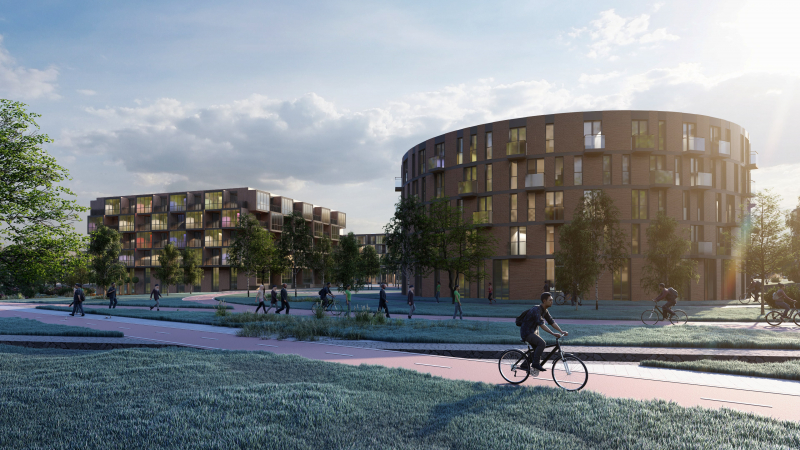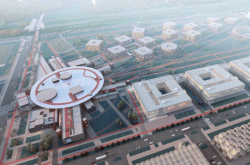The survey polled around 100 experts from various fields including urbanists, real estate market analysts, developers, and officials. As a result, it revealed a broad convergence of views that monopolistic control over an urban environment does not provide for its qualitative transformation. Nearly a quarter of the respondents estimated that the implementation of long-term sustainable projects requires changes in management. Namely, municipalities, which represent both authorities and urban residents, should become responsible for the urban infrastructure, while local authorities should acquire new executive powers, including financial ones.
The establishment of separate municipalities for large projects was named another important precondition for improving the quality of the environment. The reason is, such projects tend to expand beyond their municipal governments, thus becoming an unmanageable burden for them in terms of both administration and funding. Such are satellite cities Yuzhny (2,000 ha and 134,000 people at the end of the project) and Novosaratovka (340 ha and 120,000 people), as well as a residential project in Gorskaya (100 ha and 20,000 people) and others. According to the respondents, disaggregation of urban municipalities will facilitate a more effective and accountable allocation of resources and actions necessary for a territory.
As noted by Alexander Ostrogorsky, a lecturer at Moscow Architecture School and the HSE University (the Prototyping Future Cities program), municipalities need common guidelines on urban transformations that are based on research and tests. Administration of such projects and their budgets should be performed at a local level, with some involvement from private investors.

Alexander Ostrogorsky. Credit: architime.ru
This idea was supported by the majority of respondents (42.1%), who also considered businesses the best fit for the role of project initiators and co-investors. Aimed at creating new sites, they will be able to generate effective demand and lead the development of the territory.
“Improvement projects have a positive impact on the cost of real estate and land, as well as the number of enterprises providing trade and other services. Accordingly, this leads to a sizable increase in budget revenues from taxes. A comfortable urban environment must cease to be a forced cost but become an investment beneficial for both local authorities and investors,” says Denis Krasikov, a senior analyst at Rusland SP.
In addition, the survey highlighted the need to advance from the traditional method of budgeting, which pools together assets from multiple sources. Instead, the yearly tax paid by HoReCa enterprises, recreational facilities, offices, and stores should either stay within their municipalities or be directly invested by experienced operators or development agencies.
ITMO University's Press Office




